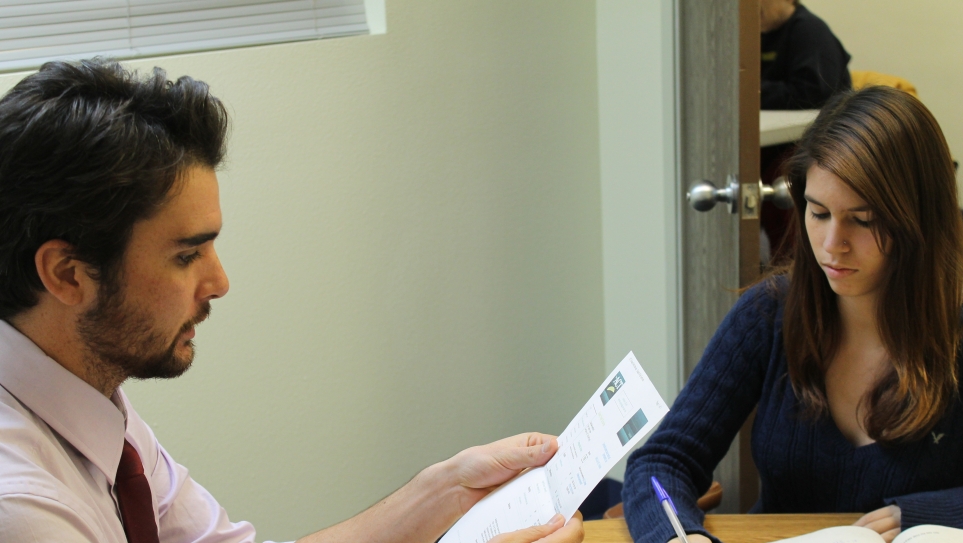Goal 6: Supportive School Environments
Youth in juvenile justice placements are educated in a supportive, positive school environment where they feel safe and have a voice.

Benchmarks
6.1 - Youth attend schools free from discrimination based on race, sex, sexual orientation, gender presentation, national origin, language, disability or other characteristics and are educated in facilities that engage in data analysis and independent review to survey youth and assess programs to identify concerns of and bias.
6.2 - Youth are taught by staff who are trained in culturally competent, gender responsive, trauma-informed, strengths based and developmentally appropriate responses to behavior.
6.3 - Youth are informed of the grievance or complaint procedure in any placement and are informed of their education rights. Youth are provided meaningful access to utilize the grievance process, even during a restrictive disciplinary placement like solitary confinement.
6.4 - Youth with disabilities are educated in a welcoming environment and are not segregated or excluded based on their disability or behavior that is a manifestation of their disability. Youth with disabilities receive appropriate interventions to address any behavior that interferes with their access to special education, whether a manifestation of their disability or not.
6.5 - Youth have access to comprehensive, supportive mental health services and school staff are educated and informed about each youth's unique needs and the appropriate educational approaches for those needs.
6.6 - Youth have access to comprehensive sexual health education that is inclusive of LGBTQ sexual health needs.
6.7 - Youth who are learning English are educated in a welcoming environment and receive access to the full range of educational programming offered to native English speakers.
6.8 - Youth are not segregated or discriminated against in a school setting for their sexual orientation, gender identity or expression. Youth identifying as LGBT/gender expansive receive support and interventions by teachers trained to be culturally competent to issues facing LGBT/gender expansive youth.
6.9 - Youth in placement schools receive positive disciplinary responses that do not rely on restraints of any kind or duration, solitary confinement, or other punitive interventions.
6.10 - Youth are not denied education either as a punishment for misconduct outside the school setting, or because of correctional placements such as solitary confinement.
6.11 - Youth are provided meaningful and thorough due process protections before any exclusion from school, including meaningful manifestation reviews for youth with disabilities to ensure that they are not punished for conduct relating to their disability or the school’s failure to follow their IEP.
6.12 - Youth in placement schools have regular meaningful family and community visits. Placement schools engage and involve parents in their child's education.

